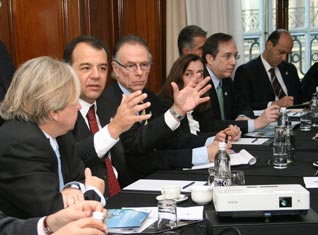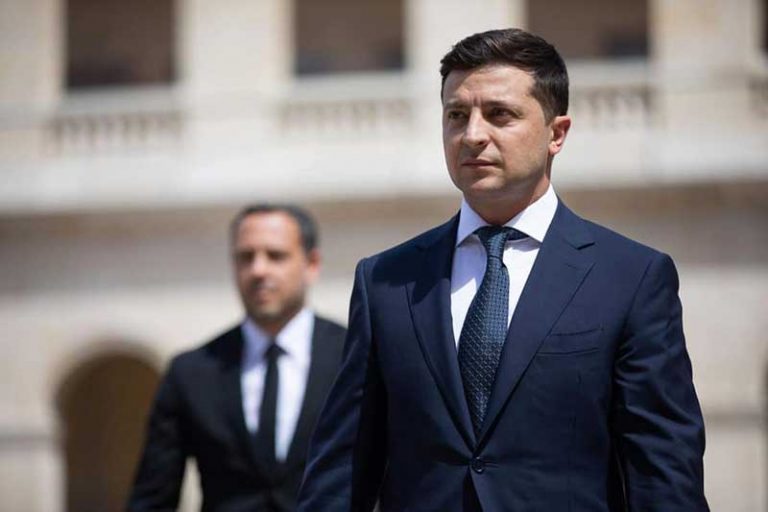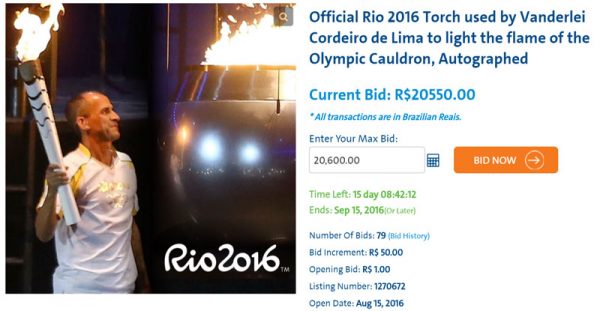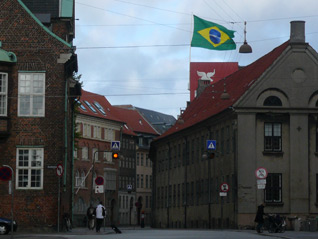Former Rio de Janeiro governor Sérgio Cabral has implicated high-level government officials and two prominent International Olympic Committee (IOC) members in a bombshell statement in a Brazilian federal court Thursday (July 4).

Cabral, who has been convicted of and continues to answer to charges of corruption and other financial crimes – some connected to the Olympics – admitted for the first time that he bought up to nine votes for USD $2 million to help Rio secure its 2016 Olympic games bid.
According to Globo News in Brazil, Cabral said that former Brazilian President Luiz Inacio Lula da Silva and former Rio mayor Eduardo Paes did not directly participate in the transactions but were aware of the payments.
He also implicated IOC members and Olympic Champions Sergey Bubka and Alexander Popov in the vote buying scheme.
In court, Cabral recounted an August 2009 meeting where Rio 2016 bid and organizing committee Chief Carlos Nuzman introduced him to International Athletic President (IAAF) Lamine Diack and represented him as a person who could guarantee 5 or 6 votes from a group of IOC members representing Africa and athletics.
“Nuzman came to me and said `Sergio, I want to tell you that the IAAF president, Lamine Diack, is a person that is open to undue advantages. He can secure five or six votes.”
“In exchange, he wants $1.5 million,” the former Governor, already sentenced to 198 years in prison, said Thursday.
Payments were allegedly funneled through Diack’s son, Papa Massata Diack who has also been connected with alleged corruption surrounding the successful Tokyo 2020 Games bid.
Later in September, just a month before the vote, Cabral said the stakes had been raised.
“Nuzman told me Papa Diack said he could get more votes,” Cabral claimed.
“He said we could reach nine votes in total, but he needed another $500,000. I told him it would be done.”
Cabral named Ukrainian pole vault Olympic champion Sergey Bubka and four times gold medalist swimmer from Russia Alexander Popov among those IOC members who were willing to sell their votes, according to Globo.

In 2017 Namibian IOC member and Olympic sprinter Frank Fredericks came under investigation by French prosecutors for a payment received by Diack’s company on the day of the Rio 2016 election.
Later that same year, Bubka was linked to a suspicious $45,000 payment made to Diack’s company in June 2009 but was later cleared of any wrongdoing by IAAF investigators.
According to Globo, representatives of Lula, Paes and Nuzman all vehemently deny the allegations.
Bubka, who ran for the organization’s presidency in 2013 and is on the IOC’s Executive Board, and Popov who is now an honorary member, have also denied allegations in statements released Friday.
I completely reject all the false claims made by the former Rio State governor who is currently serving a long prison sentence for corruption.
— Sergey Bubka (@sergey_bubka) July 5, 2019
Bubka said “I completely reject all the false claims made by the former Rio State governor.”
Popov claimed “I did not participate in any negotiations and I am not familiar with the topics and with the people who are mentioned.”
They have both threatened legal action against Cabral.
The IOC ethics commission has said it is currently looking into the claims.
Rio won the election October 2, 2009 in Copenhagen, Denmark on the third ballot by a 66 to 32 count over Madrid. Tokyo finished third and Chicago fourth after both were eliminated in the earlier ballots.
Cabral claimed the votes were only bought to pass the first ballot that had been predicted to be close among the four candidates. Madrid won that tally with 28 votes against Rio’s 26, Tokyo’s 22 and Chicago’s 18. After Chicago was dropped, Rio took the lead on the second ballot with 46 votes against Madrid’s 29 and Tokyo’s 20.
Fredericks Resigns As 2024 Evaluation Commission Chair Amid Corruption Allegations
With six less votes, it was likely Rio would have been eliminated after the first ballot.
President Lula was convicted of corruption in 2018 and Nuzman was arrested in 2017 and is under investigation for charges in connection with the vote buying scheme. The elder Diack is defending numerous corruption charges by French prosecutors, and his son also faces charges and remains out of reach in his home of Dakar in Senegal.


